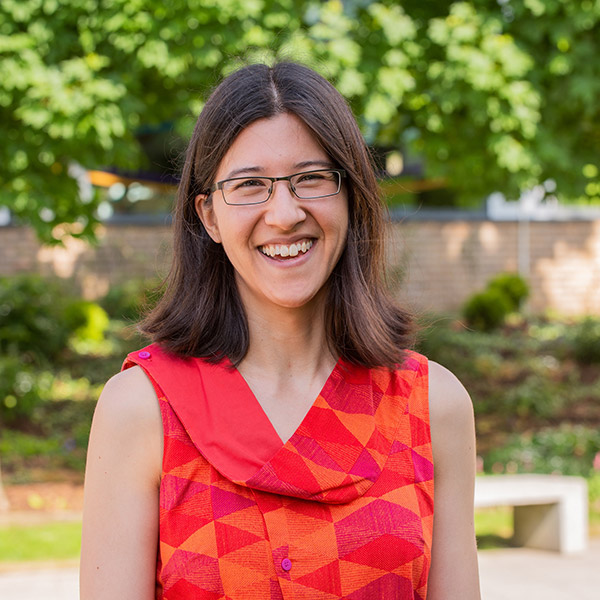Here at Lancaster we know that studying sociology matters because it can help to improve lives. Sometimes this involves addressing longstanding challenges such as entrenched patterns of gender, class, and global inequality. But it also involves looking at how the nature of social challenges is continually transforming – as with the increasing centrality of social media to understandings of identity and consumption.
On a personal level then, sociology can change lives as we encounter new concepts and ideas that help to expand our understanding of the world. But as you develop this knowledge, and learn how to critically engage with it, you can become part of bigger movements to debate and realise social change.
You will benefit from being situated in a top Sociology Department, recognised for both the quality of its research publications and for research that has world-leading impacts upon society. Our staff research everything from intercultural marriages and changing patterns of social stigmatisation to public relations capitalism and the demands of energy and environmental policies. Our ‘research-led’ teaching approach means that you will be able to encounter and discuss this exciting work in the classroom, drawing both inspiration and relevant insights into the challenges and opportunities for social change.
Our research has been recognised for being world-leading (REF 2022), and our staff have contributed to public engagement, government reports and committees, as well as arts events and public science activities.








